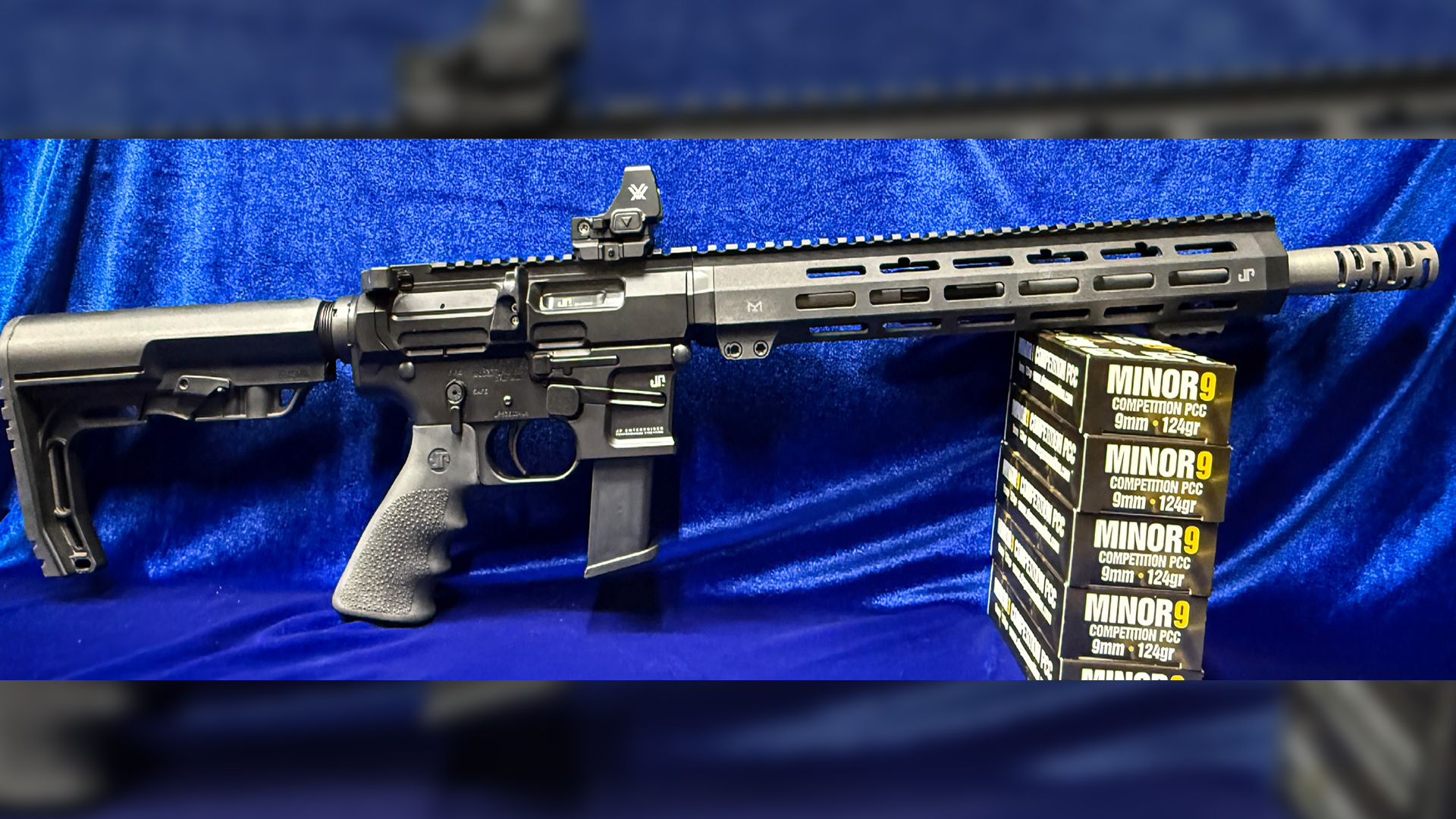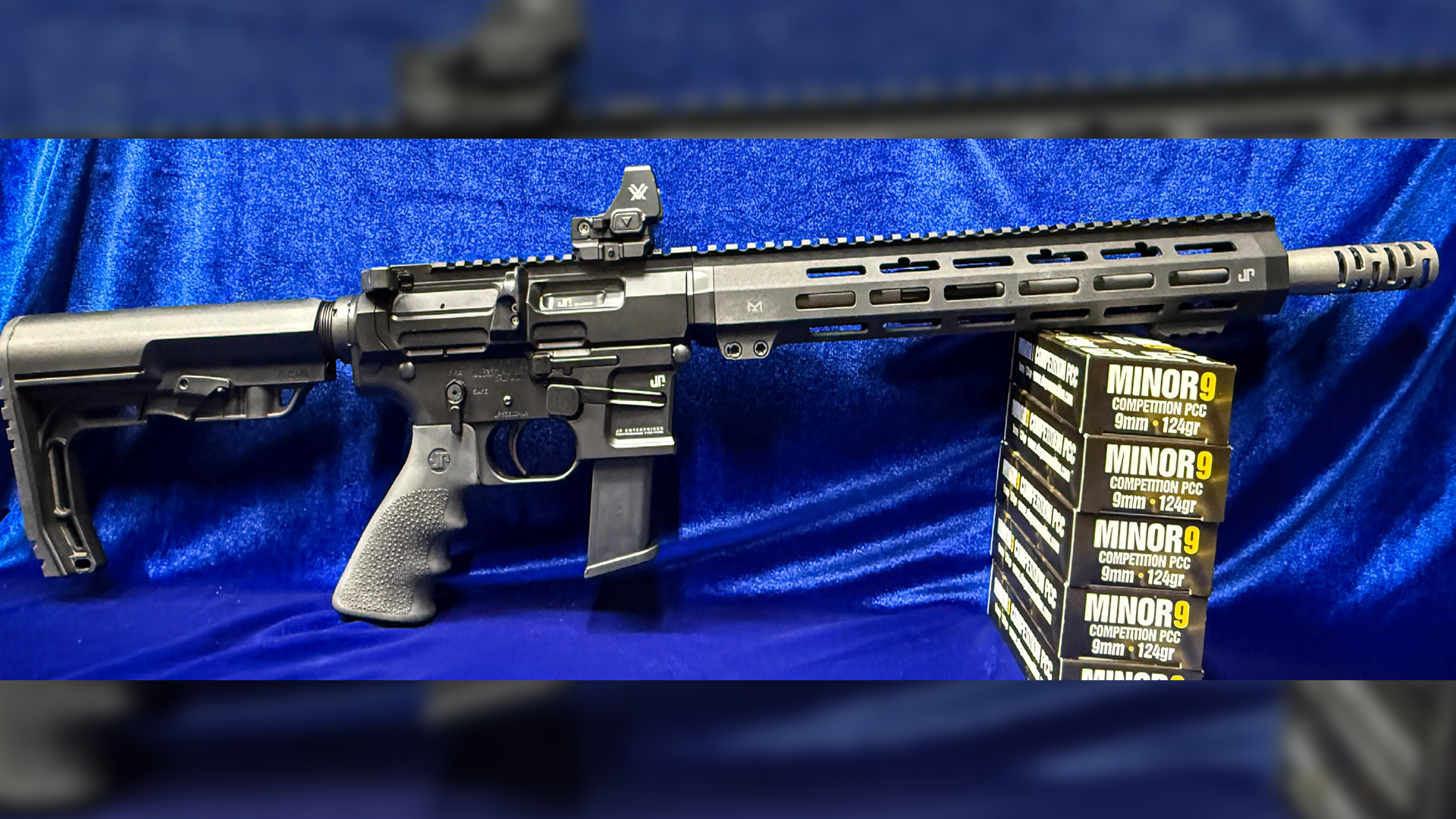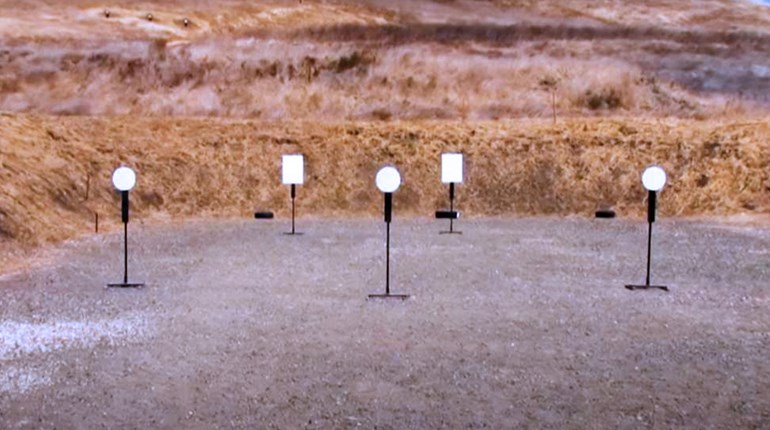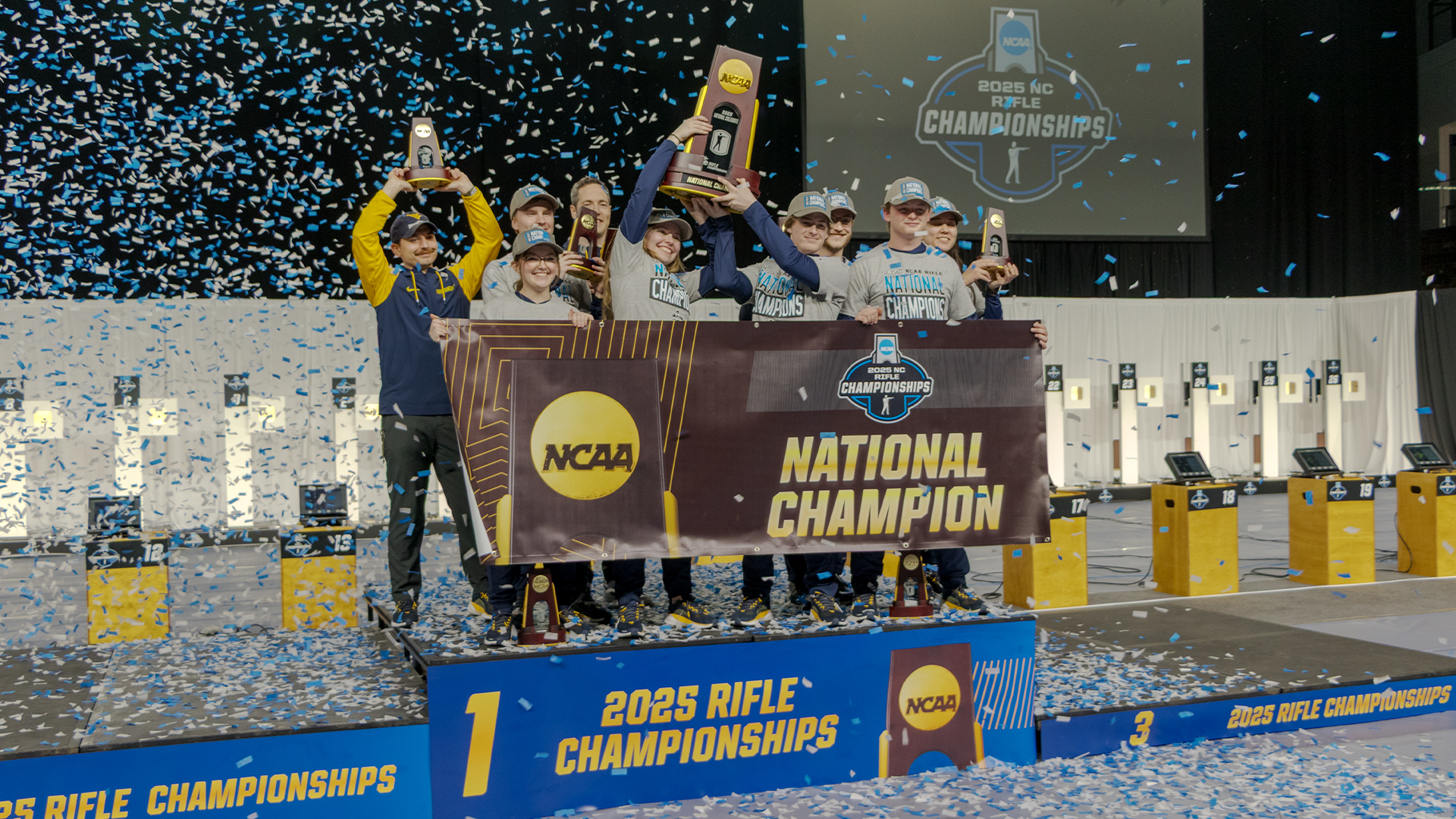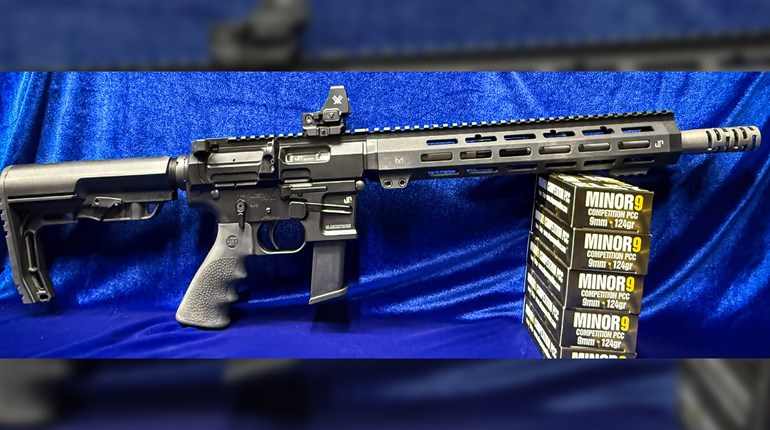
Training includes any activity designed to improve or sustain performance. Therefore, the major focus of a shooting training plan should be on improving performance in order to reach a specific score. Before talking about setting up a training plan, it is important to address two issues.
The first is the psychological limits that are brought forth by focusing solely on score. When doing this, your performance may be hindered by psychological boundaries. Once a shooter has reached a predetermined score, it is often hard to surpass. Instead, set a minimum score you wish to obtain by a specific date and then focus on progressively improving your performance to meet that goal. For example, a rifle shooter might plan on obtaining a minimum score of 1150 by a certain date. This type of focus allows you to surpass minimum expectations without creating psychological ceilings. By concentrating on the process of each and every shot, a good performance will be reflected in the score.
Second, it is important not to enter a competition with the purpose of defeating someone else. Rather, competition should be used as a tool to defeat the internal forces that have been holding you back. There’s nothing anyone can do, either legally or morally, to affect their opponents score. Therefore, a training plan should focus on how to improve your own performance on a shot-by-shot basis.

A training plan must be realistic and unique to each shooter in order to be effective. It must accommodate for the challenges each person must overcome in order to train, while taking into consideration the difference in goals. Training plans must also be written down, until it is, it’s just an abstract thought. For the purpose of creating a training plan, a monthly calendar can be an excellent tool. Once you have your plan documented, it becomes something you can follow to establish your goal; it becomes your road map.
Likewise, the goals set must be realistic and consistent with your lifestyle. It is important to first determine what you want out of shooting. Do you want to be a club champion, rimfire champion, regional champion or state champion; an Olympic or World Champion? Another question to ask yourself is: “What am I willing to sacrifice to achieve these goals?”
The goals set must not only be realistic, but they must be interesting to you as well. Your goals must be challenging but achievable. If they are something you cannot honestly hope to accomplish, you’ll quickly lose interest. If you are not sure about setting goals for yourself, consult with a coach. After evaluation, a coach should be able to help identify and establish realistic yet challenging goals.
Once you have determined your goals, write them down in the back of your calendar. They will help establish the training schedule, preventing under- or over-training in any specific area by giving you a timetable to follow.
Without goals in a training plan, you’re like a ship without a rudder—you can end up almost anywhere. With a plan, you’re like the captain who heads his ship to a chosen port. He can’t see his destination, but because he has a plan and a navigational chart, he knows what direction to head in order to get there. That’s what training plans are for: to get you to your goal on schedule.
Next you must schedule your preparation in order to achieve your goals. All shooting training plans should include goals, training matches and a specific training program. Now you need to find training matches in your area that you are interested in attending to help you achieve your goals. Then, log them in your calendar. These matches are the proving grounds for your training plan. They give you the chance to put what you have learned to the test.

When choosing training matches, take into consideration both convenience and timing. It is important to spread these matches throughout the year to obtain true feedback on your progress. They should serve to benefit your total program and help you achieve your ultimate goal. Then, choose one major match—such as the national championships—and record it in your calendar. It may be costly to travel to the national championships, but if you have the dates scheduled, it’s easier to budget and save for the trip. When you plan your match schedule, consider the level of competition at various matches. Differentiate your choice of matches enough to include both easy and challenging matches. It’s nice to win, but choosing only easy matches won’t challenge you to develop fully, while competing in only extremely tough competition may be discouraging.
The last thing to do is to schedule your weekly training program. Be sure to budget time on the range, time with your coach, physical training time, mental training time, and time to work on your equipment. Again, vary the schedule to keep it interesting, productive and balanced.
As time goes on, your schedule should change according to matches you’ve scheduled, the time of year and your progress. Remember that it is okay to make changes to this schedule as you go along, but get a basic plan hammered out in the beginning.
Now that you’ve set a goal and have a training plan that will set you on a path for success, you must make time in your day to implement the plan. This is where it is important to set priorities. Deciding what is important and what is not will make scheduling training time easier.

If, after evaluation, you find your shooting goal does not warrant a high enough priority to give it the necessary time, by all means, establish another goal. This is a choice and must be enjoyable to you. It has to be something you want to do.
A training plan is a valuable aid to help an individual achieve his or her goal. However, the learning rate is directly related to the duration, the intensity and the frequency of the learning time. And, the frequency, the intensity and the duration of the instruction is directly proportional to the learning rate.
Remember, a weak plan closely followed is better than a strong plan that’s not followed at all. Plan for success, no matter at what level you are, and you’ll be surprised at how you progress.









